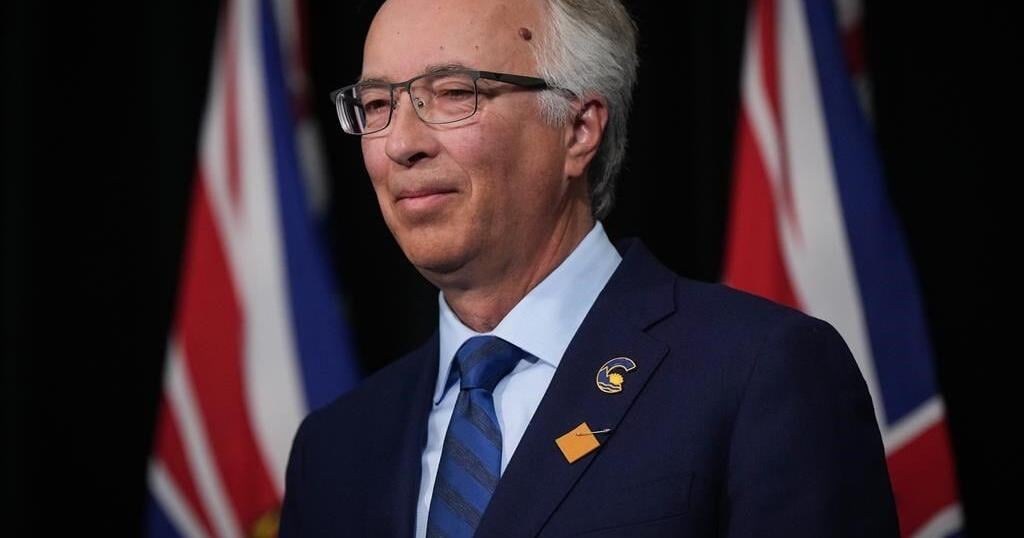VICTORIA – Former British Columbia Liberal cabinet minister Terry Lake says he’ll consider voting for Premier David Eby’s New Democrats if the B.C. Conservatives don’t shift to the political centre, especially on the issue of climate change.
Lake, an environment and health minister in former premier Christy Clark’s Liberal government, says in an interview he may have no other choice in his Kamloops riding if B.C. Conservative Leader John Rustad maintains his party’s stances on environmental and social issues.
His remarks come as the NDP courts disaffected supporters of BC United, formerly known as the B.C. Liberals, after Leader Kevin Falcon scrapped the Official Opposition’s election campaign and urged voters to support the Conservatives to prevent vote-splitting and the NDP’s re-election in the fall.
An NDP news release quotes Lake and BC United figures, linking their comments about the political upheaval to Eby’s offer to provide a home in the NDP for centrists.
Lake, who also ran for the federal Liberals in Kamloops in 2019, is among several political figures expressing concern this week at the folding of BC United’s campaign
West Vancouver-Capilano BC United MLA Karin Kirkpatrick says Falcon’s move did not consider that middle-of-the-road voters “would be forced to swing to the left.”
Rustad, who was ejected by Falcon from the former B.C. Liberal caucus for his skeptical views on climate science, said this week the Conservatives will not be making changes.
Eby had posted on social media on Thursday that his phone was “blowing up” with calls from former B.C. Liberal voters who could not bring themselves to support Rustad, saying the NDP welcomed such voters with concerns about climate change, reproductive freedom and building up the health care system.
This report by The Canadian Press was first published Aug. 30, 2024.
